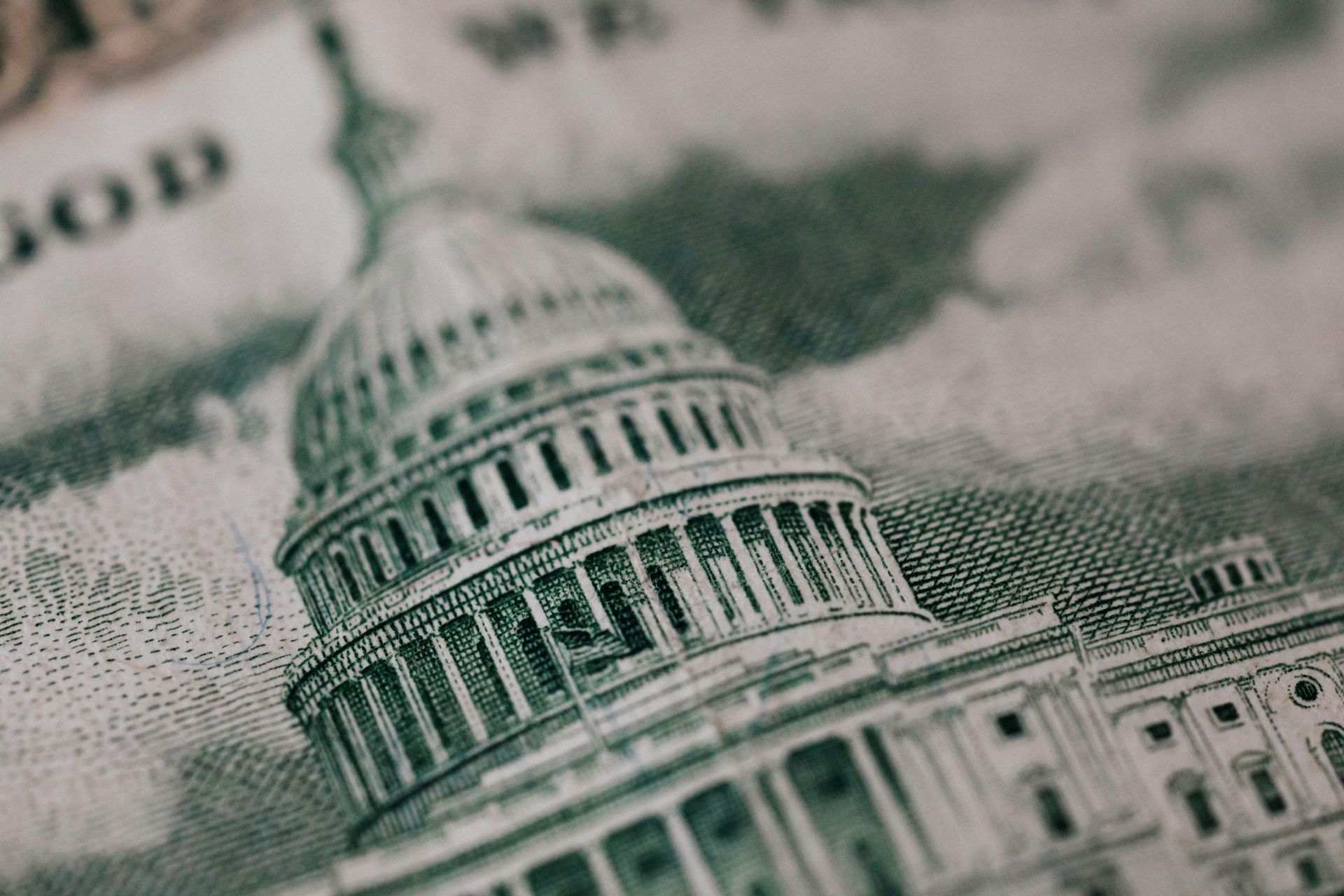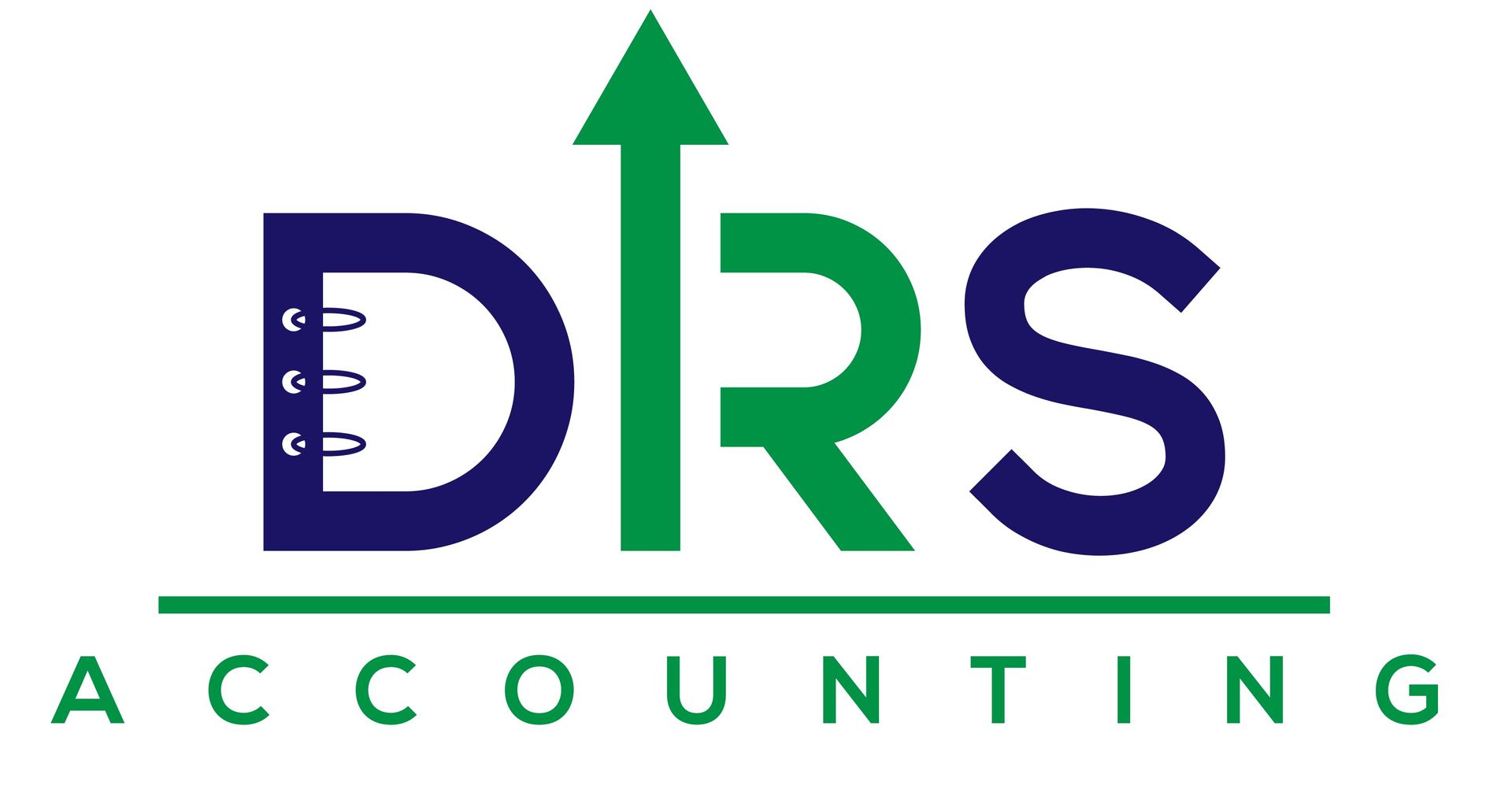When will the Government reopen? Here’s what has to happen
As the government shutdown nears the record breaking 35-day mark set in 2018–2019, it’s worth revisiting what must happen for the impasse to end.
Congress must approve funding before the government reopens. While leaders negotiate, some services keep running and others slow or stop. No one can give an exact date for when a shutdown will end. But we do know what needs to happen for normal work to resume and how the pause affects everyday people and small businesses.
What needs to happen before the government reopens
The federal government works on money approved by Congress. To keep agencies running, lawmakers must pass funding bills or a short term stopgap called a Continuing Resolution (CR). Once the House and Senate pass a funding bill or CR and the President signs it, the shutdown ends. Until that happens, parts of the government stay closed or limited.

Why the shutdown happens
Shutdowns are usually caused by a disagreement over spending. If Congress and the President can’t agree on funding before the deadline, some programs pause. It’s not about a single agency, it’s a result of Congress not approving the bills on time.
What slows down or stops
Some services continue (like certain emergency programs) but many others slow or stop. National parks and museums may close, some grants pause, and some federal employees are suspended. For taxes, the IRS often keeps accepting and processing electronic returns that can be handled automatically, but phone help, paper filings, and some refunds can be delayed. If you’re expecting an IRS letter, phone call, or non automatic refund, plan for delays.
How this affects your taxes and small business
Filing and deadlines
You should still file taxes on time. Filing electronically is the best option during a shutdown because e-filed, error free returns are most likely to be processed quickly.
Refunds
If your return was e-filed and can be processed automatically, your refund is more likely to be paid. Complex returns, paper returns, and some business refunds are more likely to be delayed.
IRS help and letters
Phone help and mailed notices may be delayed. If you get an audit letter or another notice, don’t panic. Keep your records organized and expect a slower response from the IRS until things return to normal.
Business programs and contracts
If your business relies on federal contracts, permits, inspections, or grants, expect slower timelines. Contact the agency or prime contractor to check how the shutdown affects your work and payments.
State and local workarounds
Sometimes states or private partners step in for certain services, but this varies. If federal funding touches your business, check with your state agency or program contact for guidance.
What you can do now
File electronically and use direct deposit for refunds. Keep all tax and business records organized. If you expect a refund or IRS contact, allow extra time. If your business depends on federal approvals or contracts, reach out to the agency to confirm timelines. And check official sources like the
IRS newsroom for updates.
Why this matters
A shutdown can quietly hurt small businesses through slower payments, delayed approvals, and longer waits for IRS help. At DRS Accounting PC, we help clients keep filings ready, plan for cash flow pauses, and handle IRS communications when offices reopen. If you want a quick review of your tax timing or cash flow plan during a shutdown,
contact us and we will help you prepare practical next steps.



